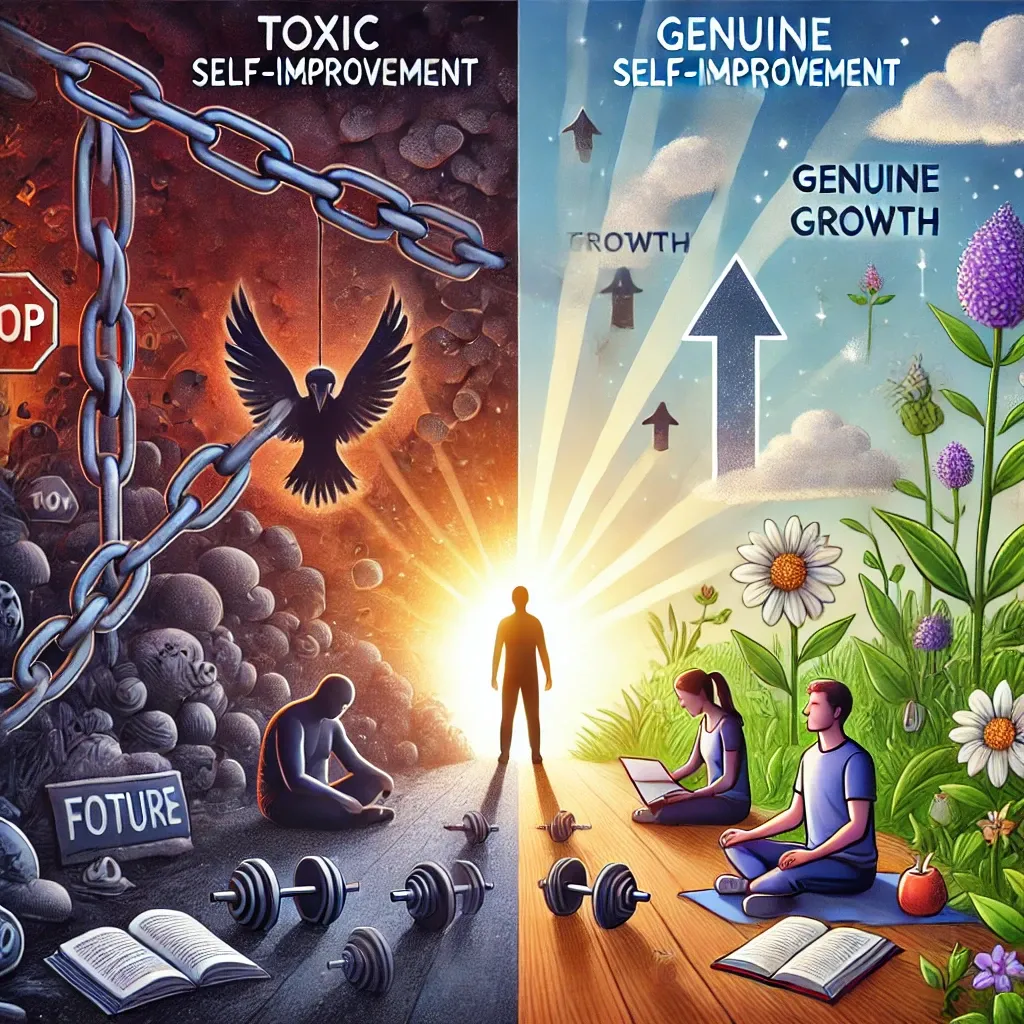Self-discipline is often hailed as the secret ingredient to success and personal growth. But what exactly is self-discipline, and how can you cultivate it to achieve your goals? Let’s dive into the world of self-discipline, exploring practical strategies to enhance it and unlock your full potential.
Understanding Self-Discipline
Self-discipline isn’t just about resisting temptation; it’s about developing the ability to make consistent choices that align with your long-term goals. Imagine self-discipline as the bridge between where you are now and where you want to be. It requires setting clear goals, establishing routines, and staying committed even when motivation wanes.
The Importance of Self-Discipline
Why Self-Discipline Matters
Without self-discipline, it’s easy to stray from your goals and succumb to procrastination or distractions. It’s the force that keeps you moving forward, even when the path becomes challenging. Think of it as the driving engine that powers you through obstacles and helps you achieve lasting self-improvement.
Self-Discipline vs. Willpower
Many people confuse self-discipline with willpower. While willpower is the ability to control your impulses in the short term, self-discipline is about consistent behavior over time. Willpower might help you resist a slice of cake today, but self-discipline ensures that you stick to your healthy eating habits in the long run.
Steps to Build Self-Discipline
1. Set Clear, Achievable Goals
Start by defining what you want to achieve. Make your goals specific, measurable, and realistic. For example, instead of saying, “I want to exercise more,” set a goal like, “I will exercise for 30 minutes, five times a week.”
2. Create a Routine
Establishing a daily routine helps automate positive behaviors. When your actions become habitual, it’s easier to stay disciplined. Try to include habits that align with your goals and stick to your routine even when you’re not feeling motivated.
3. Break Tasks into Smaller Steps
Large tasks can feel overwhelming and lead to procrastination. Break them into manageable steps. For instance, if you’re writing a book, focus on completing one chapter at a time. Small victories can build momentum and reinforce your self-discipline.
4. Use Positive Reinforcement
Reward yourself for staying disciplined. Positive reinforcement can be a powerful motivator. For example, treat yourself to a movie night after completing a week of workouts. Celebrating your achievements helps maintain your commitment.
5. Eliminate Distractions
Identify what distracts you and find ways to minimize those distractions. If social media is a problem, consider using apps that block access during work hours. Creating an environment that supports your goals is crucial for maintaining discipline.
6. Practice Mindfulness
Mindfulness helps you stay aware of your impulses and reactions. By practicing mindfulness, you can better manage your responses to temptations and stay focused on your goals. Techniques like meditation can enhance your self-awareness and control.
7. Stay Accountable
Share your goals with a friend or join a support group. Accountability partners can offer encouragement and keep you on track. Knowing that someone else is aware of your goals can increase your commitment to them.
8. Embrace Failure as a Learning Opportunity
Everyone slips up occasionally. Instead of viewing failures as setbacks, see them as opportunities to learn and grow. Analyze what went wrong, adjust your strategies, and move forward with renewed determination.
9. Develop Healthy Habits
Incorporate habits that promote overall well-being. Regular sleep, healthy eating, and exercise contribute to better self-discipline. When you take care of your body and mind, it becomes easier to stay disciplined in other areas of your life.
10. Stay Motivated with Visual Reminders
Visual reminders can keep your goals in sight. Create vision boards or use sticky notes with motivational quotes and goals. Seeing these reminders regularly reinforces your commitment and keeps you focused.
Overcoming Common Challenges

1. Dealing with Procrastination
Procrastination is a common challenge in maintaining self-discipline. Combat it by using techniques like the Pomodoro Technique, where you work in short, focused intervals. Breaking tasks into smaller chunks can also make them seem less daunting.
2. Handling Stress and Fatigue
Stress and fatigue can undermine your self-discipline. Prioritize self-care and stress management techniques such as exercise, relaxation practices, and adequate sleep. When you’re well-rested and less stressed, it’s easier to stay disciplined.
3. Staying Consistent
Consistency is key to building self-discipline. Develop a routine and stick to it as closely as possible. Even on days when motivation is low, following your routine can help maintain your discipline over time.
Conclusion
Building self-discipline is a journey, not a destination. It requires commitment, persistence, and a willingness to grow from setbacks. By setting clear goals, creating routines, and embracing positive habits, you can cultivate the self-discipline needed for lasting self-improvement. Remember, every step you take towards enhancing your self-discipline brings you closer to achieving your personal and professional goals.
FAQs
1. How long does it take to build self-discipline?
Building self-discipline varies for each individual. It generally takes consistent effort over several weeks or months to develop strong self-discipline habits.
2. Can self-discipline be improved with practice?
Absolutely! Self-discipline is like a muscle; the more you practice it, the stronger it becomes. Regularly working on your goals and routines will enhance your self-discipline over time.
3. What are some effective strategies for maintaining self-discipline?
Effective strategies include setting clear goals, creating a routine, breaking tasks into smaller steps, using positive reinforcement, and eliminating distractions.
4. How can mindfulness help with self-discipline?
Mindfulness increases self-awareness and helps manage impulses. By staying present and aware of your thoughts and feelings, you can better control your responses and stay focused on your goals.
5. What should I do if I fail to stick to my self-discipline plan?
If you slip up, don’t get discouraged. Analyze what went wrong, learn from the experience, and adjust your plan as needed. Use failures as opportunities to strengthen your resolve and continue working towards your goals.



